BIPOLAR
WHAT IS IT?
Bi (meaning 'two') Polar (meaning 'completely opposite')
The term bipolar refers to the way your mood can change between two very different states – mania and depression. In the past, people used to refer to bipolar disorder as manic depression. You might still hear people use this older term today.
-
Bipolar disorder is fairly common, and 1 in every 100 people will be diagnosed with it at some point in their life.
-
Bipolar disorder can occur at any age, although it often develops between the ages of 15 and 19 and rarely develops after 40.
-
Men and women from all backgrounds are equally likely to develop bipolar disorder.
WHAT ARE SOME OF THE COMMON SYMPTOMS?
Bipolar disorder is a mental illness that causes dramatic shifts in a person's mood, energy and ability to think clearly. People with bipolar experience high and low moods — known as mania and depression — which differ from the typical ups-and-downs most people experience.
-
Manic or hypomanic episodes, which means feeling high
-
Depressive episodes, which means feeling low
-
Potentially some psychotic symptoms during manic or depressive episodes
Mania: During a manic phase of bipolar disorder, you may:
-
Feel very happy
-
Have lots of energy, ambitious plans and ideas
-
Spend large amounts of money on things you cannot afford and would not normally want
-
Not feel like eating or sleeping
-
Talk quickly
-
Become annoyed easily
-
You may feel very creative and view the manic phase of bipolar as a positive experience.
-
You may also experience symptoms of psychosis, where you see or hear things that are not there or become convinced of things that are not true.
Depression: You may initially be diagnosed with clinical depression before you have a manic episode (sometimes years later), after which you may be diagnosed with bipolar disorder.
During an episode of depression, you may have overwhelming feelings of worthlessness, which can potentially lead to thoughts of suicidal.
WHAT ARE SOME OF THE TYPES OF TREATMENT?
They aim to control the effects of an episode and help someone with bipolar disorder live life as normally as possible.
The following treatment options are available:
-
medicine to prevent episodes of mania and depression – these are known as mood stabilisers, and you take them every day on a long-term basis
-
medicine to treat the main symptoms of depression and mania when they happen
-
learning to recognise the triggers and signs of an episode of depression or mania
-
psychological treatment – such as talking therapy, which can help you deal with depression, and provides advice about how to improve your relationships
-
lifestyle advice – such as doing regular exercise, planning activities you enjoy that give you a sense of achievement, as well as advice on improving your diet and getting more sleep
It's thought using a combination of different treatment methods is the best way to control bipolar disorder.
WHAT CAN HELP?
'Self-help' tips don't solve the issue. However, they can help you/others feel more in control when experiencing strong emotions.
If you find that 'self-help' isn't enough, consider reaching out to a counsellor or your GP for help managing overwhelming emotions.
01
You might find it helps to keep track of your moods over a period of time. You could try noting down mood patterns in a diary or on your phone. Bipolar UK has a mood scale, mood diary and mood tracker app, which are free to use.
02
You might find it helps to understand what can trigger changes in your mood. It can help to recognise these patterns. Then you can take action to avoid the trigger or minimise its impact. Triggers are different for different people. Some examples include:
-
Feeling overwhelmed or busy
-
Stressful periods
-
Significant life events, like weddings, having a child or losing a loved one
-
Periods of change or uncertainty
-
Lack of sleep
-
Other physical or mental health issues
-
Changes or problems with your treatment for bipolar disorder
03
Learn your warning signs. You may start to notice a pattern to how you feel before an episode. This could be changes in your:
-
Sleeping pattern
-
Eating patterns or appetite
-
Behaviour
-
Being aware that you're about to have a change in mood can help
04
Having a routine can help you feel calmer if your mood is high, motivated if your mood is low, and generally more stable.
05
Try to avoid stress or manage stress as it can be a trigger to mood episodes.
06
Disturbed sleep can be both a trigger and a symptom of episodes. Getting enough sleep can help you keep your mood stable or shorten an episode.
07
Eating a balanced and nutritious diet can help you feel well, think clearly and calm your mood.
08
Gentle exercise, like yoga or swimming, can help you relax and manage stress. Find something that you enjoy and make the most of keeping active.
09
Avoid alcohol and drugs.They can affect how your medications work. They can also worsen bipolar disorder and trigger a mood episode. And they can make the condition harder to treat. So don’t use them at all.
10
Develop a Crisis Plan Create a written plan with a list of people that you or others can contact in emergency as well as information about your medications and warning signs and symptoms.
EXTERNAL INFORMATION, SUPPORT AND ADVICE






















































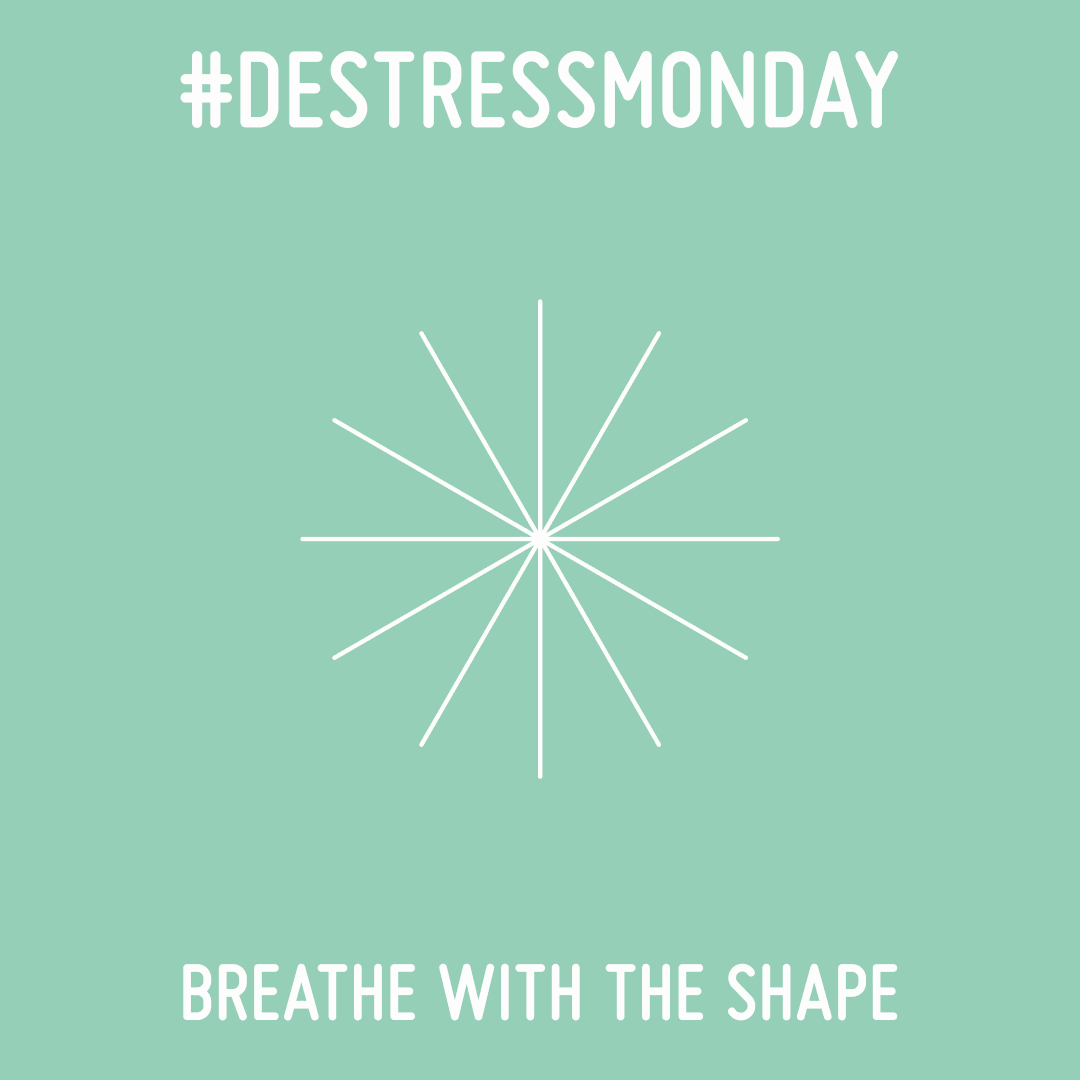 |  |  |
|---|---|---|
 |  | 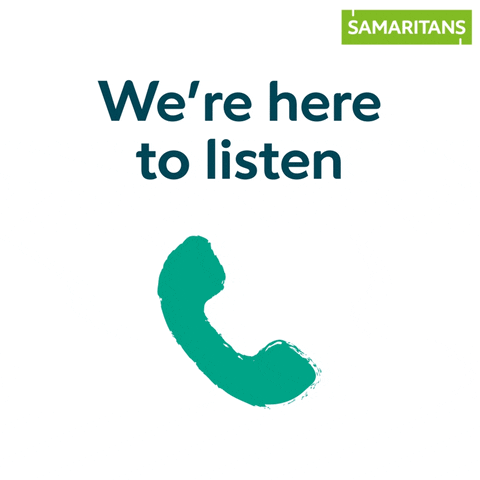 |
 | 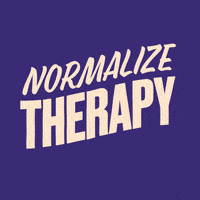 |  |
 | 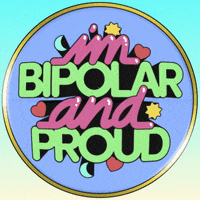 |  |
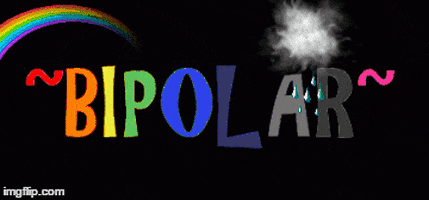 |  |  |
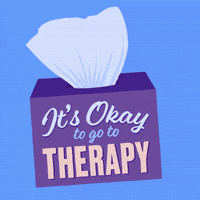 |  |  |
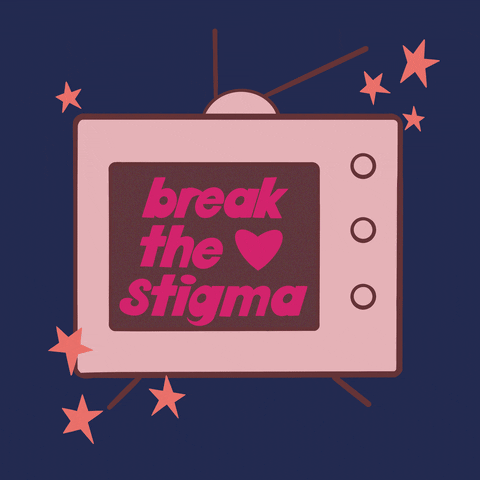 | 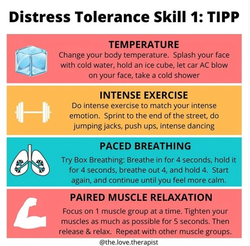 |  |
 |  |  |
 |  | 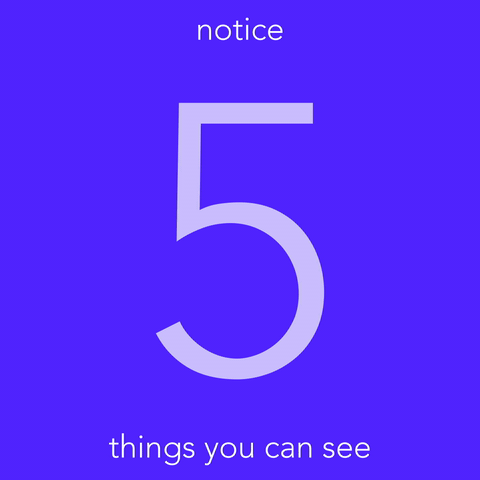 |
 |  |  |

